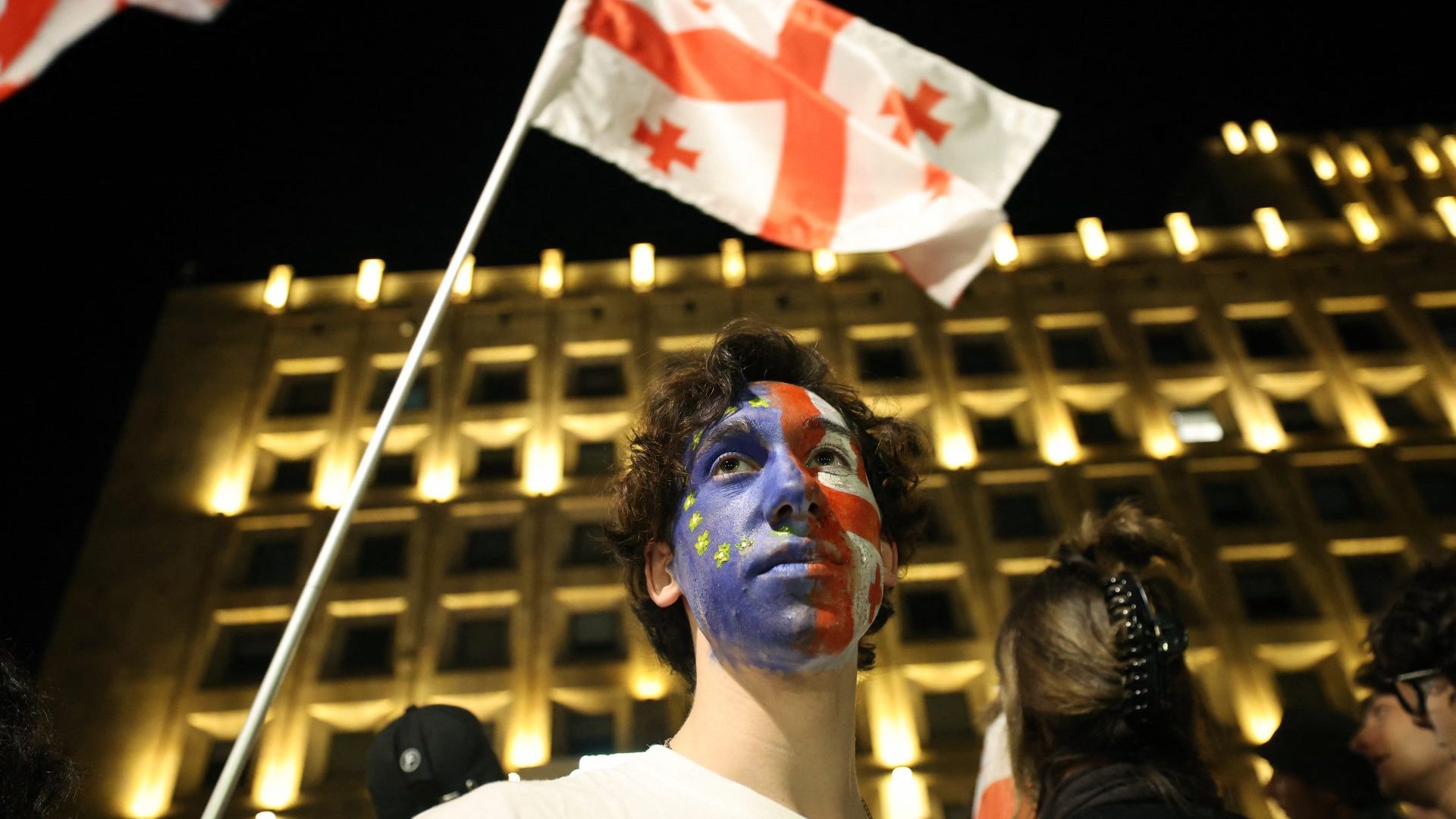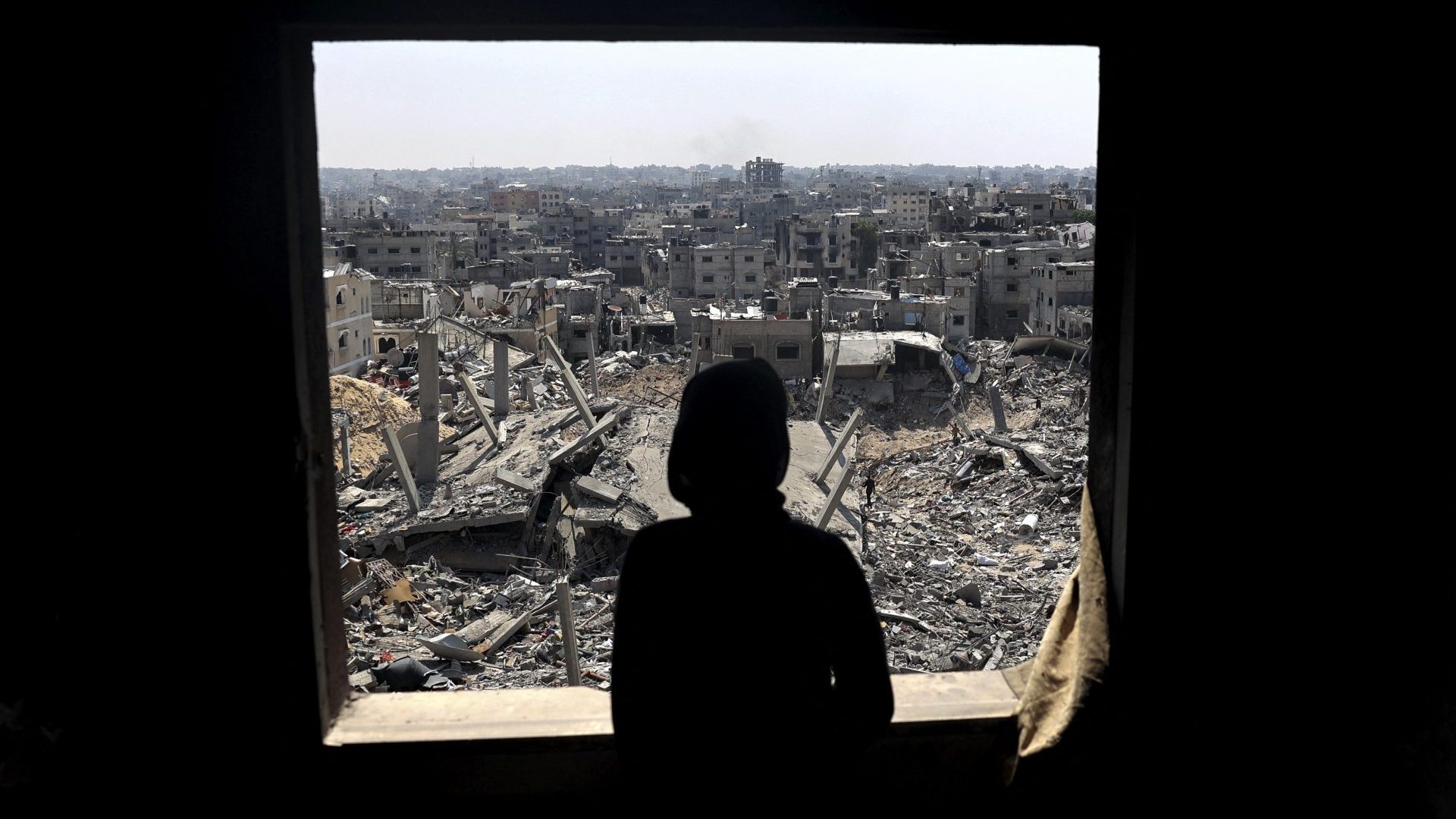I recently had a knee mishap and was admitted to a top hospital in northern Italy. I was expecting the staff to be local or at least from the north, but I was in for a surprise: I felt as if I was in a “little southern Italy”.
Most of the surgeons, nurses, physiotherapists, and nearly all of the medical students came from remote towns in the southern regions – Calabria, Puglia, Sicilia and Campania. A collage of funny, loud and strong accents from the deep south of Italy constantly kept me company throughout those hellish days, and their jokes made me laugh.
I could hear them yell to one another in the corridors, even during their night shifts, and it was kind of fun because it made me less gloomy. It felt like being in a wild marketplace in some picturesque southern village.
A boy with a strong Neapolitan accent woke me up one morning: “Buongiorno bella guagliona,” he said, meaning “pretty girl”. Daniele, a 23-year-old nurse from Avellino, near Naples, was handing out my daily mix of colourful pills, jokingly adding “buon appetito, ecco la tua frittura di pesce” (“here’s your fried fish”).
My surgeon was from Puglia and he was so careful about hiding his accent at first that it took me a while to figure him out. The guy who brought my lunch every day was from Sicily, and he loved to sing. There was barely a single northerner in the hospital. Even my physiotherapists were either Sicilian, Neapolitan or from small, unknown villages in rural Basilicata.
As I lay in bed, killing time writing, it struck me how immigration from Italy’s poorer south to its richer north has been going on for centuries. And the brain drain of talent – including of medical staff – is still happening. Students aiming for a career in medicine tend to leave the south for northern universities, where they hope to settle down, find a job at some prestigious hospital and perhaps even marry a northerner.
But that leaves the south lacking in doctors and nurses, and the result is a serious health sector emergency. While I slowly walked along the hospital corridors, recovering from my surgery, I called friends in Sicily, who told me that most hospitals lacked surgeons and nurses. In some towns the hospitals were so empty that local authorities were pursuing Cuban and Argentinian substitutes, who now flock to Italy’s sunny southern areas.
Some Sicilian mayors have launched partnerships with universities in Argentina to lure doctors, offering appealing salaries.
It’s a pity young people still have to migrate to the north for better jobs. But that’s the harsh reality.
“It is so true, the south has zero opportunities for brilliant careers in medicine, as in many other sectors. This is because there are no policies incentivising young people to stay there in the first place,” says Antonio, a 28-year-old orthopaedic student from Syracuse. He tried getting into 10 southern hospitals, but was only offered short-term contracts. So he packed his bags, said arrivederci to his parents, and moved to the cold north.
“But deep down, you know, I remain and feel Sicilian even though I’m now married to a beautiful northern woman and have three kids,” he says. “I am proud of coming from the south and I will never forget my roots.”
My surgeon, a man under 50, had a calm, seemingly accentless voice. However, it wasn’t just his southern last name that gave him away. The way he pronounced certain vowels and short words, I could hear his southern origins.
But when I asked him where he came from his eyes shone and he smiled. A small rural village in deep Puglia, he said.
“I believe we should never lose touch with what we really are, our backgrounds, and where we come from,” he told me.
Silvia Marchetti is a Rome-based freelance reporter




